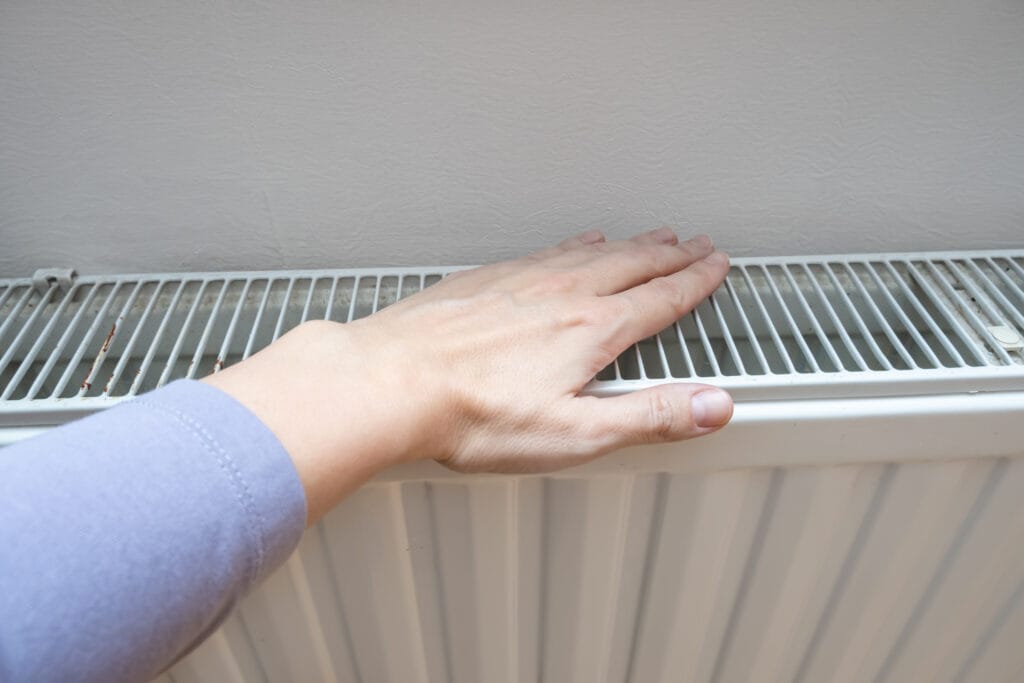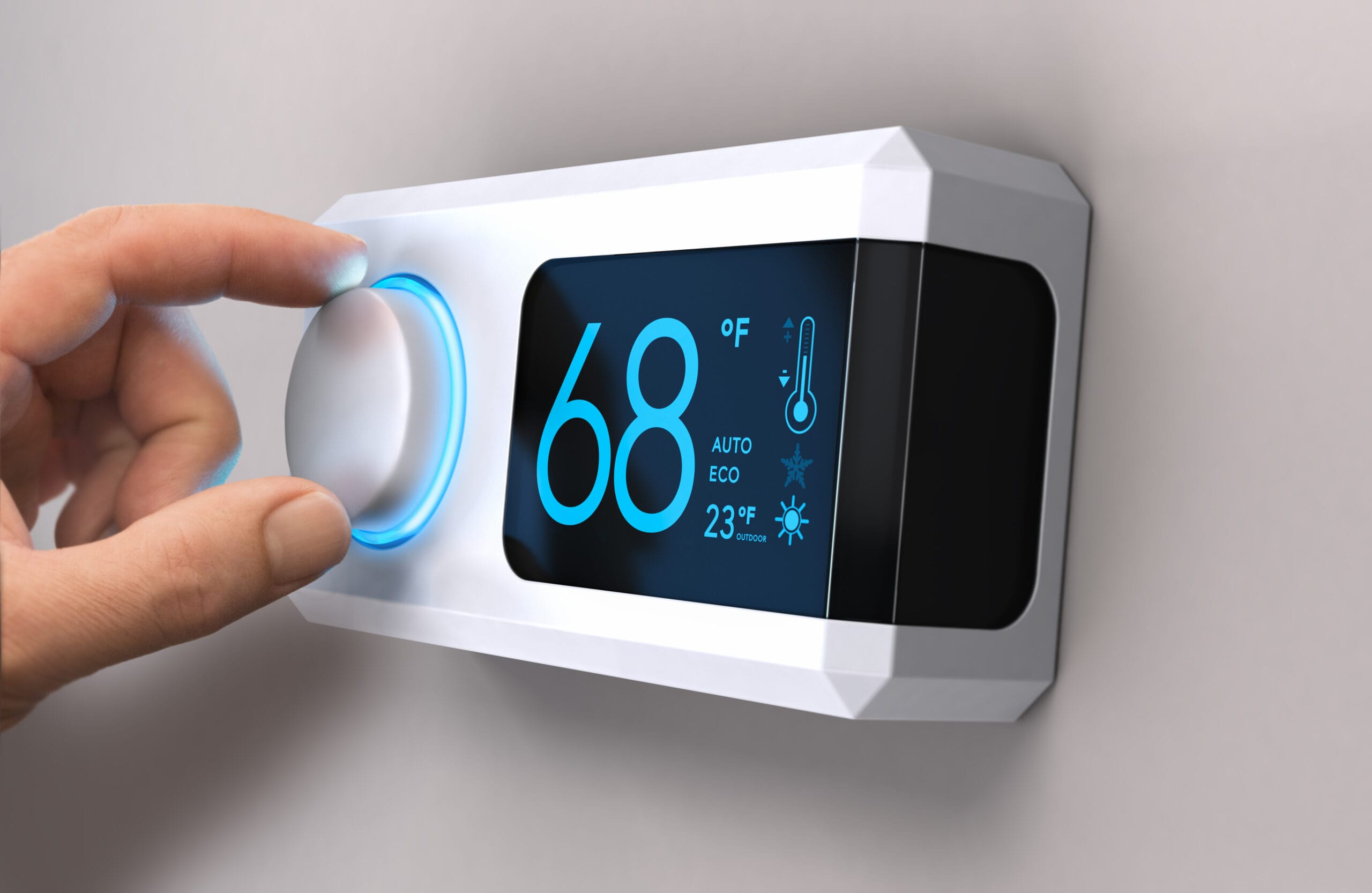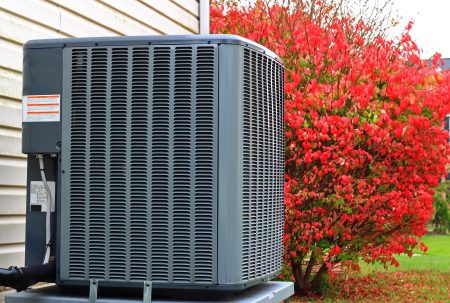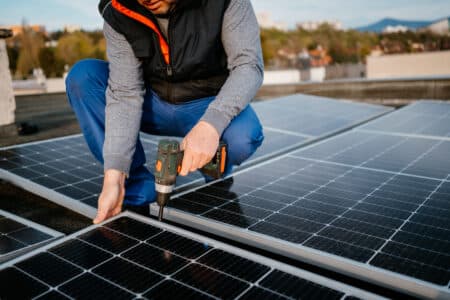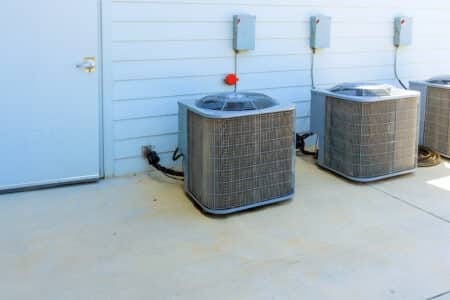To effectively manage your home’s heating system, it’s essential to have a solid understanding of the system you rely on. Whether you have a furnace, boiler, or heat pump, each type operates differently and has its own set of requirements. Familiarizing yourself with the components of your heating system can empower you to make informed decisions about its operation and maintenance.
For instance, knowing how your thermostat interacts with your heating unit can help you troubleshoot issues and optimize performance. Moreover, understanding the age and efficiency rating of your heating system can guide you in planning for upgrades or replacements. Older systems may not operate as efficiently as newer models, leading to higher energy bills and inconsistent heating.
By recognizing the limitations of your current setup, you can better assess when it might be time to invest in a more efficient system that meets your needs.
Main Points
- Understanding your heating system is crucial for efficient use and maintenance.
- Maximizing energy efficiency can save you money and reduce your environmental impact.
- Utilizing programmable thermostats can help you regulate your home’s temperature more effectively.
- Proper insulation and sealing can prevent heat loss and improve the overall efficiency of your heating system.
- Using space heaters wisely can provide targeted heat without wasting energy.
Maximizing Energy Efficiency
Assessing Your Heating Habits
One of the first steps you can take is to evaluate your heating habits. Consider lowering the thermostat by just a few degrees during the day or at night when you’re asleep. This small adjustment can lead to significant savings over time without sacrificing comfort. Additionally, layering clothing and using blankets can help you stay warm while allowing the thermostat to remain lower.
Conducting an Energy Audit
Another effective strategy is to conduct an energy audit of your home. This process involves assessing areas where heat may be escaping, such as windows, doors, and attics. By identifying these leaks, you can take corrective measures, such as adding weather stripping or caulking gaps, which will enhance your home’s overall energy efficiency.
Investing in Energy-Efficient Solutions
Investing in energy-efficient appliances and heating systems can also yield long-term savings, as they are designed to use less energy while providing the same level of comfort.
Utilizing Programmable Thermostats
Programmable thermostats are a game-changer when it comes to managing your home’s heating efficiently. These devices allow you to set specific temperatures for different times of the day, ensuring that your home is warm when you need it and cooler when you don’t. For instance, you can program the thermostat to lower the temperature during work hours when the house is empty and raise it just before you return home.
This not only saves energy but also ensures that you come back to a comfortable environment. Moreover, many modern programmable thermostats come equipped with smart technology that enables remote access via smartphones or tablets. This means you can adjust the temperature from anywhere, giving you greater control over your heating system.
If you find yourself running late or unexpectedly away from home, you can easily modify the settings to avoid unnecessary energy consumption. Embracing this technology can lead to a more efficient heating experience while providing convenience in your daily life.
Proper Insulation and Sealing
Proper insulation and sealing are critical components in maintaining a comfortable temperature in your home while minimizing energy loss. Insulation acts as a barrier against heat transfer, keeping warm air inside during winter months and preventing cold air from entering. You should pay particular attention to areas like attics, basements, and walls, as these are common spots where heat escapes.
By ensuring that your home is adequately insulated, you can significantly reduce the workload on your heating system. Sealing gaps and cracks around windows and doors is equally important. Even small openings can lead to substantial heat loss over time.
You can use weather stripping or caulk to seal these leaks effectively. Additionally, consider using door sweeps to block drafts at the bottom of exterior doors. By taking these steps, you create a more airtight environment that retains heat better, allowing your heating system to operate more efficiently and effectively.
Using Space Heaters Wisely
Space heaters can be a practical solution for heating specific areas of your home without relying on your entire heating system. They are particularly useful in rooms that are used infrequently or for individuals who prefer different temperatures in various spaces. However, it’s essential to use them wisely to maximize their benefits while ensuring safety.
Always follow the manufacturer’s guidelines regarding placement and operation to prevent fire hazards. When using space heaters, consider turning down your central heating system and relying on the space heater for localized warmth. This approach allows you to save on energy costs while still enjoying comfort in the areas where you spend the most time.
Additionally, ensure that the space heater is placed on a flat surface away from flammable materials and never leave it unattended while in use. By being mindful of how you use space heaters, you can create a cozy atmosphere without compromising safety or efficiency.
Taking Advantage of Natural Heat
Harnessing natural heat sources is an excellent way to reduce reliance on artificial heating methods.
Maximizing Sunlight
Sunlight is one of the most accessible forms of natural heat that you can utilize effectively. During sunny days, open curtains and blinds to allow sunlight to stream into your home, warming up rooms naturally. This simple act can significantly reduce the need for additional heating during daylight hours.
Optimizing Your Home’s Layout
In addition to sunlight, consider the layout of your home and how it interacts with seasonal changes. For example, if you have south-facing windows, they will receive more sunlight during winter months, making those rooms warmer.
Rearranging for Efficiency
You might also want to rearrange furniture to avoid blocking heat sources or sunlight from entering your living spaces. By being strategic about how you use natural heat, you can create a more comfortable environment while lowering energy consumption.
Regular Maintenance and Upkeep
Regular maintenance of your heating system is crucial for ensuring its longevity and efficiency. Schedule annual inspections with a qualified technician who can assess the condition of your furnace or boiler and perform necessary repairs or tune-ups. This proactive approach helps identify potential issues before they escalate into costly repairs or replacements down the line.
In addition to professional maintenance, there are several tasks you can perform yourself to keep your heating system running smoothly.
Clogged filters can restrict airflow, forcing your system to work harder than necessary.
By staying on top of these maintenance tasks, you not only enhance the performance of your heating system but also extend its lifespan.
Exploring Alternative Heating Options
As energy costs continue to rise and environmental concerns grow, exploring alternative heating options has become increasingly relevant. Renewable energy sources such as solar panels or geothermal systems offer sustainable solutions that can significantly reduce your reliance on traditional heating methods. While the initial investment may be higher, these systems often lead to substantial long-term savings on energy bills.
Additionally, consider integrating biomass heating systems that utilize organic materials like wood pellets or agricultural waste for fuel. These systems are not only eco-friendly but also provide a unique way to heat your home sustainably. Researching and investing in alternative heating options can lead to a more resilient and environmentally conscious approach to maintaining comfort in your living space.
In conclusion, understanding your heating system and implementing strategies for efficiency can greatly enhance your comfort while reducing energy costs. By taking proactive steps such as utilizing programmable thermostats, ensuring proper insulation, and exploring alternative heating options, you position yourself for success in managing your home’s heating needs effectively. Regular maintenance and mindful usage of space heaters further contribute to an efficient heating strategy that benefits both your wallet and the environment.
FAQs
What are some effective home heating tips and tricks to save money?
Some effective home heating tips and tricks to save money include sealing drafts around windows and doors, using a programmable thermostat, maintaining your heating system, and using space heaters strategically.
How can sealing drafts around windows and doors help save money on heating costs?
Sealing drafts around windows and doors can help prevent heat from escaping and cold air from entering your home, reducing the need for your heating system to work harder and saving you money on heating costs.
Why is using a programmable thermostat a good way to save money on heating?
Using a programmable thermostat allows you to set specific temperatures for different times of the day, so you can lower the temperature when you’re not at home or asleep, saving on heating costs without sacrificing comfort.
What are some tips for maintaining your heating system to save money?
Some tips for maintaining your heating system to save money include scheduling regular professional maintenance, replacing air filters regularly, and ensuring that vents and radiators are unobstructed.
How can using space heaters strategically help save money on heating?
Using space heaters strategically in frequently used rooms can allow you to lower the thermostat for the whole house, saving on heating costs while still staying comfortable in the rooms you use most.
